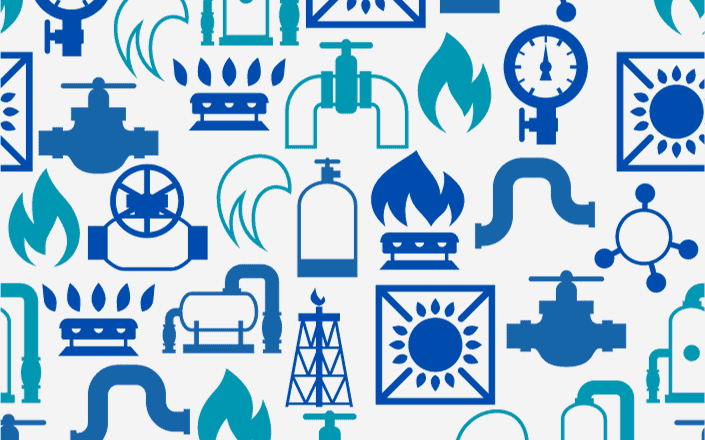Gas and Fuel Management in Steel Industry
In a steel plant, gas and fuel management play a pivotal role in ensuring operations' efficiency, cost-effectiveness, and environmental sustainability. The significance of proper management stems from the substantial energy demands inherent in steel production processes. Efficient gas and fuel management are fundamental to enhancing energy efficiency within a steel plant. By closely monitoring and optimizing the utilization of natural gas, coke oven gas, blast furnace gas, and other fuels, the plant can minimize energy wastage and improve overall efficiency. Optimized gas and fuel management contribute to streamlining steelmaking processes. This involves maintaining precise control over temperatures, ensuring consistent and controlled combustion, and regulating gas flow rates across various operations within the plant. Such measures result in improved process efficiency and product quality. Environmental impact mitigation is a critical consideration in gas and fuel management. Proper control of combustion processes, emissions monitoring, and adherence to stringent environmental regulations minimize air pollutants and greenhouse gas emissions, reducing the plant's ecological footprint. Ensuring regulatory compliance is imperative in gas and fuel management. Adhering to strict regulations governing emissions and fuel usage not only prevents penalties but also helps maintain a positive industry image and meet societal expectations regarding environmental responsibility. In summary, gas and fuel management in a steel plant is crucial for enhancing operational efficiency, controlling costs, upholding environmental standards, maintaining equipment integrity, supporting sustainability goals, and meeting regulatory requirements. Efficient management practices are integral to the steel industry's success, sustainability, and competitiveness in a global context.


